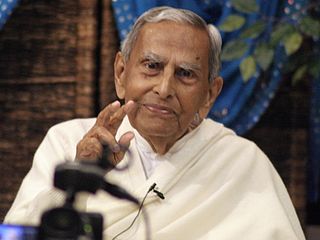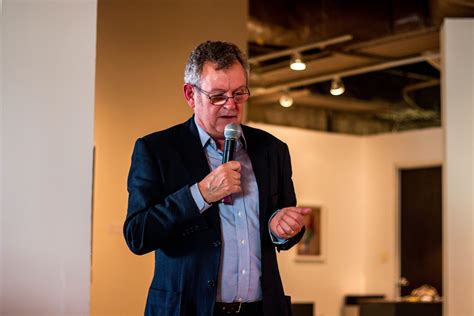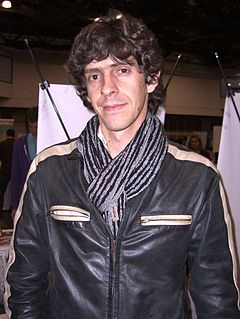A Quote by Emily Dickinson
There is no Frigate like a book to take us lands away nor any coursers like a page of prancing Poetry.
Related Quotes
This book is not about heroes. English poetry is not yet fit to speak of them. Nor is it about deeds, or lands, nor anything about glory, honour, might, majesty, dominion, or power, except War. Above all I am not concerned with Poetry. My subject is War, and the pity of War. The Poetry is in the pity.
I think of poetry as something out there in the world and within each of us. I don't mean that everyone can write poetry - it's an art, a craft, it requires enormous commitment like any art. But there's a core of desire in each of us and poetry goes to and comes from that core. It's the social, economic, institutional gap that makes it difficult.
We do not accept a religion because it offers us certain rewards. The only thing that a religion can offer us is to be just what it, in itself, is: a greater meaning in ourselves, in our lives, and in our grasp of the nature of things...a religion exists for us only if, like a piece of poetry, it carries us away. It is not in any sense a 'hypothesis.
We cannot separate ourselves from those whom we call the 'lower' animals. They are lower in the scale of evolution, but they, like us, are members of the One Family. We must not take away the life of any creature. Indeed, we must never take away that which we cannot give. And as we cannot restore a dead creature to life, we have no right to take away its' life.
Here's what I want from a book, what I demand, what I pray for when I take up a novel and begin to read the first sentence: I want everything and nothing less, the full measure of a writer's heart. I want a novel so poetic that I do not have to turn to the standby anthologies of poetry to satisfy that itch for music, for perfection and economy of phrasing, for exactness of tone. Then, too, I want a book so filled with story and character that I read page after page without thinking of food or drink because a writer has possessed me, crazed with an unappeasable thirst to know what happens next.
There is no frigate like a book and no harbor like a library, where those who love books but can't afford their own complete collections, or those who need a computer, or kids who need a safe place to read after school, or moms with toddlers who want their babies to learn to read, can all come together and share in a great community resource.
When we want a book exactly like the one we just finished reading, what we really want is to recreate that pleasurable experience--the headlong rush to the last page, the falling into a character's life, the deeper understanding we've gotten of a place or a time, or the feeling of reading words that are put together in a way that causes us to look at the world differently. We need to start thinking about what it is about a book that draws us in, rather than what the book is about.
If you take a book with you on a journey," Mo had said when he put the first one in her box, "an odd thing happens: The book begins collecting your memories. And forever after you have only to open that book to be back where you first read it. It will all come into your mind with the very first words: the sights you saw in that place, what it smelled like, the ice cream you ate while you were reading it... yes, books are like flypaper—memories cling to the printed page better than anything else.
If you can find two poems in a book, it could be a pretty good book for you. You know, two poems you really like. There are some poets who are fairly big names in contemporary poetry and who write a book and I might like three or four poems in the book, but the rest of them don't appeal to me personally; but I think that's the way it really ought to be. I think it's really a rare thing to like everything that somebody has written.






































